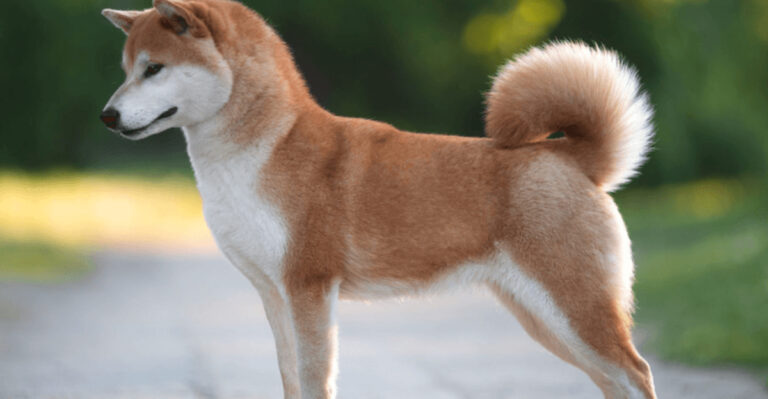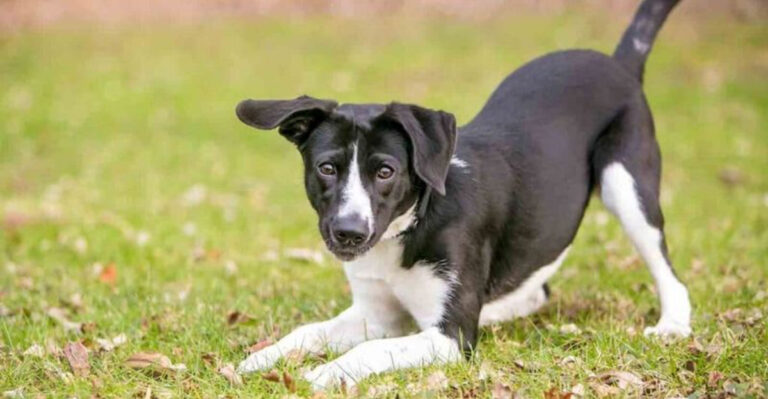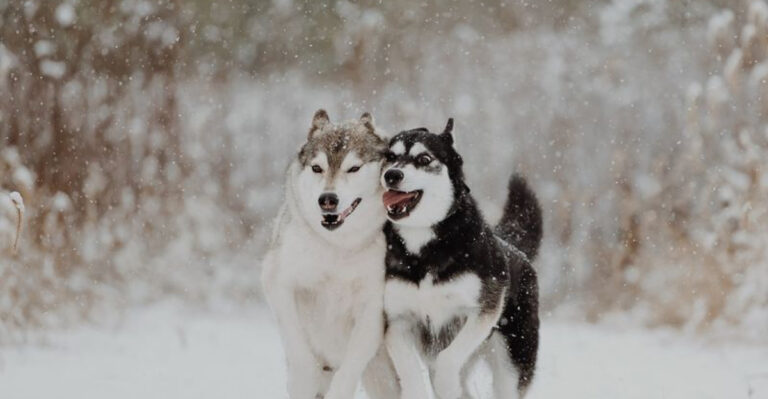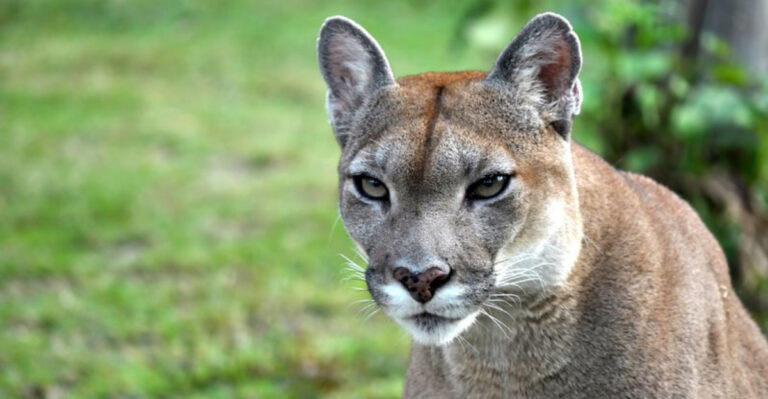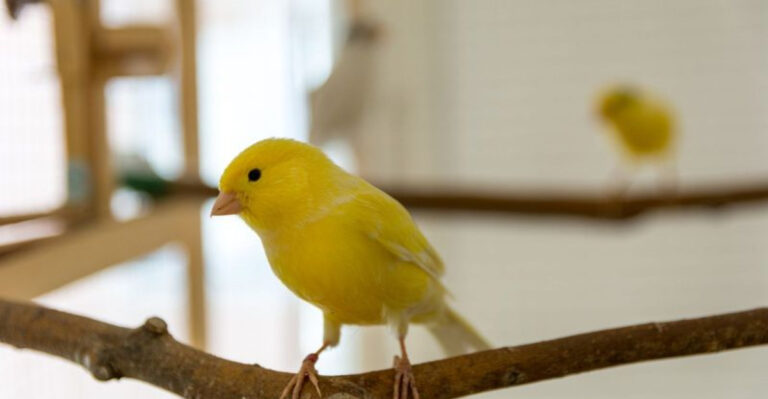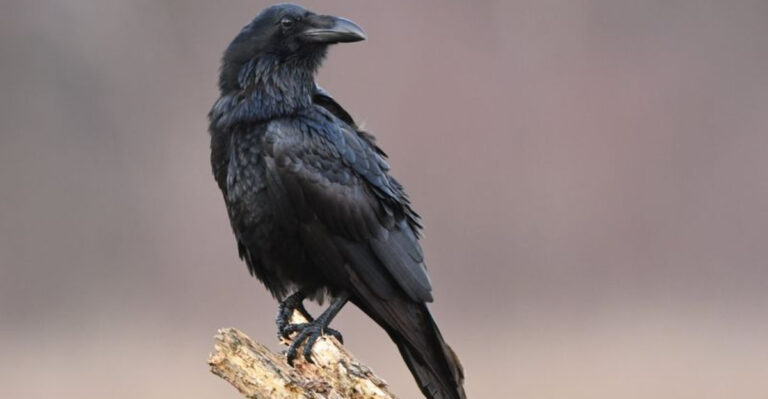14 Animals That Grieve In Surprising Ways
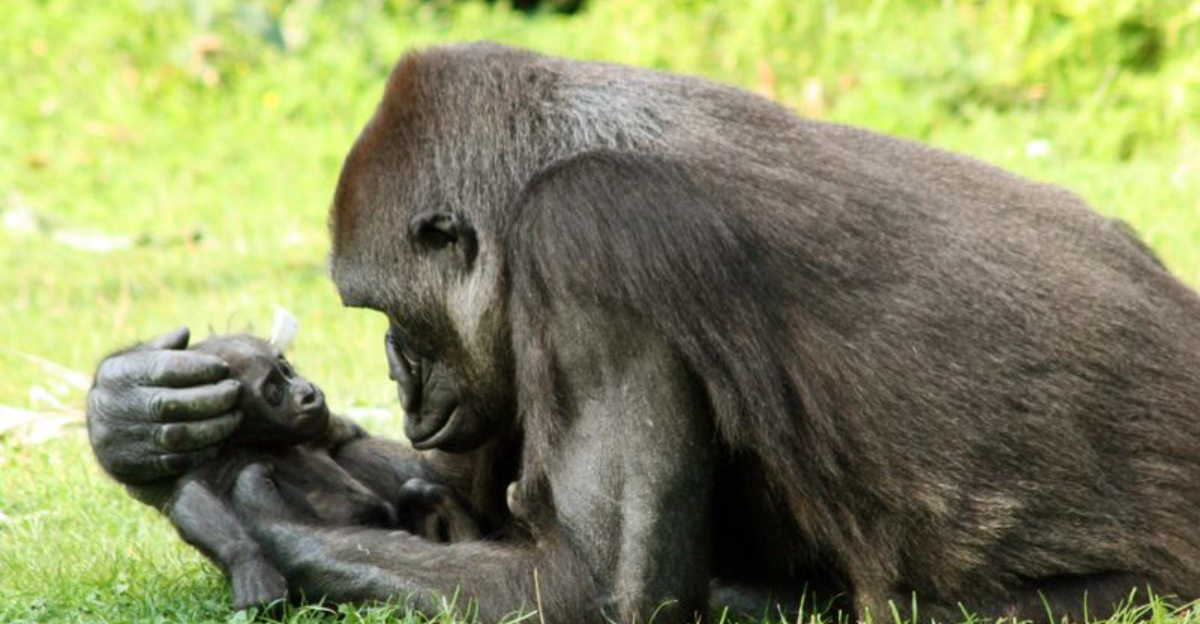
When we think about grief, we often consider it a uniquely human experience. But recent research has revealed that many animals mourn their dead in ways that mirror our own emotional responses.
From staying close to deceased loved ones to changing their behavior patterns, these creatures demonstrate that the capacity for grief crosses species boundaries.
1. Elephants
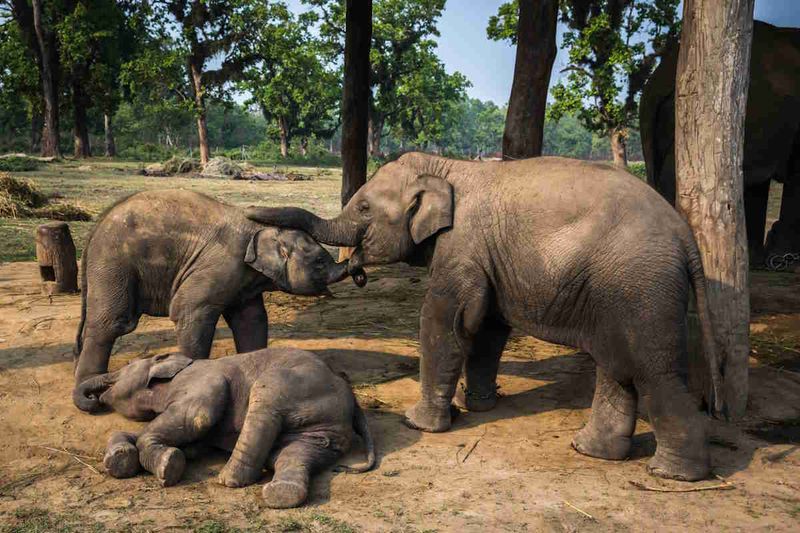
Elephant herds perform elaborate rituals when a family member dies. They’ll gently caress the bones with their trunks, sometimes even carrying them away.
These giants have been known to stand guard over deceased relatives for days, trumpeting mournfully. Some return to the death site for years afterward, touching the remains in silent remembrance.
2. Dolphins
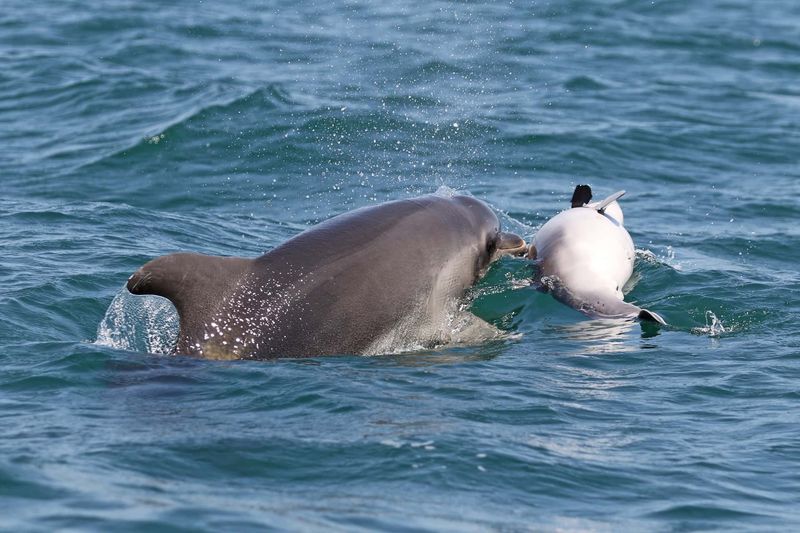
When a pod member dies, dolphins refuse to abandon them. Mothers have been observed pushing their dead calves through the water for days, seemingly unable to accept the loss.
Scientists have documented dolphins becoming lethargic and withdrawn after a companion’s death. Their normally playful behavior disappears, replaced by what appears to be genuine sorrow.
3. Dogs
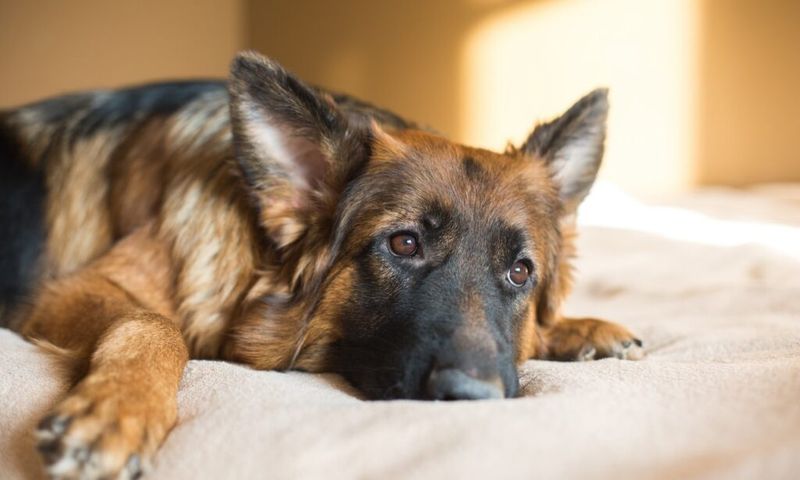
After losing a companion, dogs often search the house, whimpering at favorite spots. Their appetite diminishes, and they may sleep more than usual.
Many become clingy with remaining family members, seeking extra comfort. Some refuse to leave the deceased’s belongings alone, lying on their beds or guarding their toys as if preserving their memory.
4. Whales
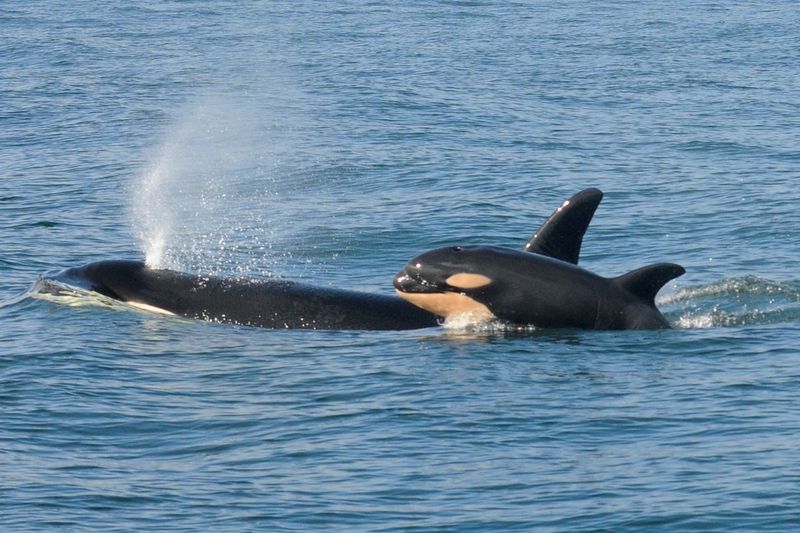
In 2018, the world watched as an orca named Tahlequah carried her dead calf for 17 days across 1,000 miles of ocean. Her pod members took turns supporting the body when she tired.
Whale scientists call this behavior ‘standing sentinel.’ Whales form deep social bonds and appear devastated when these connections are severed through death.
5. Crows
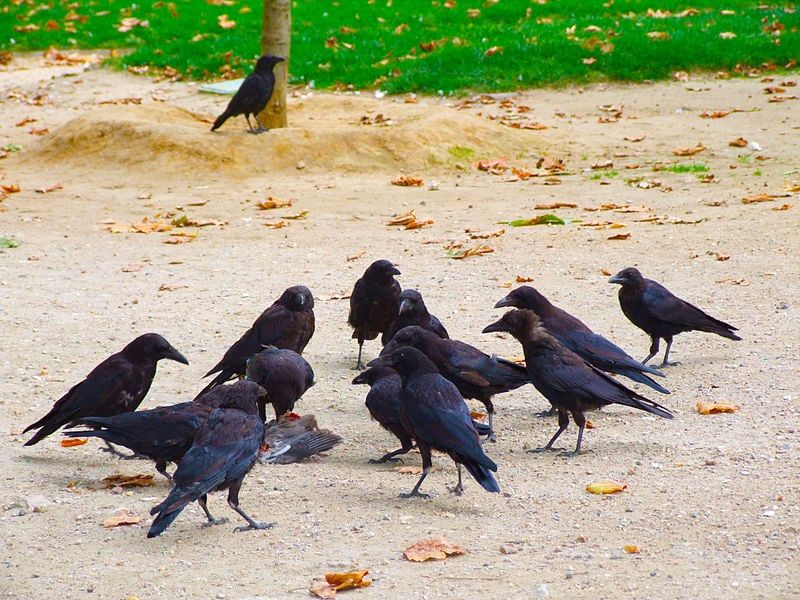
Finding a dead crow triggers a remarkable response from nearby corvids. They’ll gather around the body, calling loudly in what researchers term a ‘funeral.’
These gatherings aren’t just curiosity – crows appear genuinely distressed. They avoid areas where crow deaths occur and will mob predators responsible for the death, suggesting complex emotional and social understanding.
6. Chimpanzees
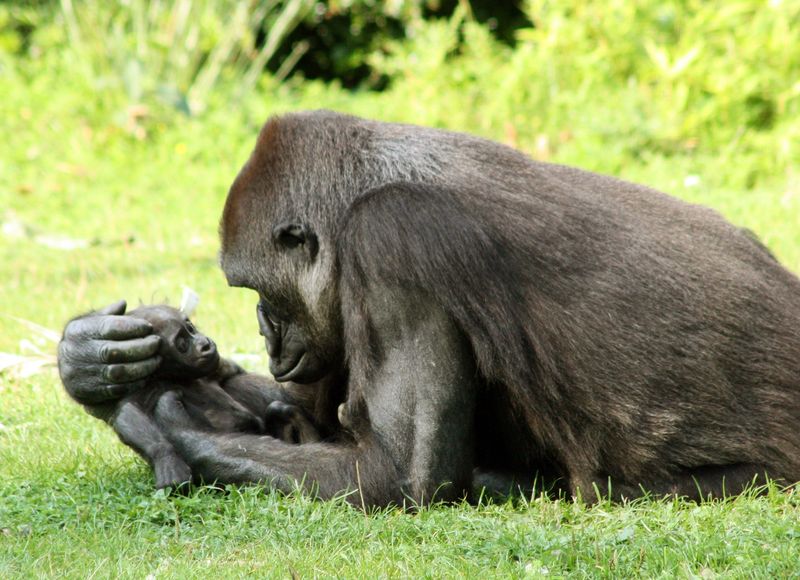
Jane Goodall documented a young chimp who, after his mother’s death, became withdrawn and eventually died himself. The scientific community initially rejected her interpretation of grief.
Now we know chimps hold vigils for the dead. They’ll clean the body, chase away flies, and sit silently beside their fallen friend. Some mother chimps carry mummified babies for weeks.
7. Horses
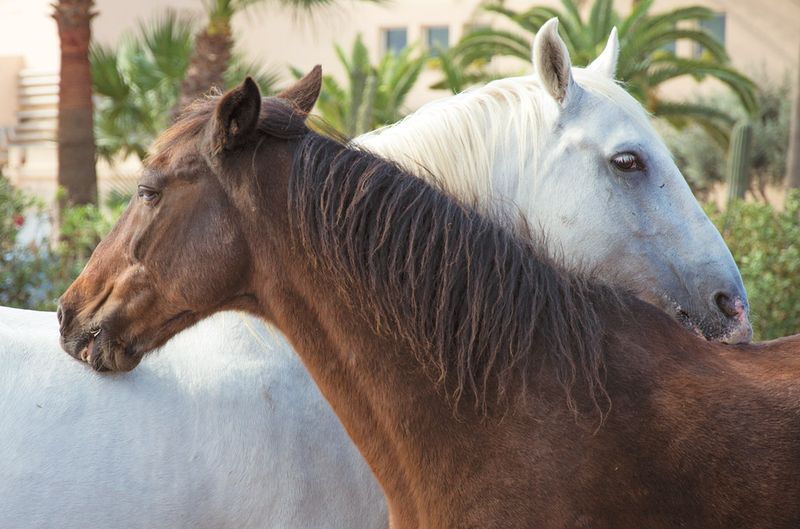
Horses form intense bonds with their herd mates. When one dies, survivors often refuse food and stand motionless, hanging their heads low.
Some horses will repeatedly visit the spot where their companion died. Ranch owners report that bereaved horses sometimes adopt another animal – even a goat or chicken – seeking comfort in new companionship after loss.
8. Gorillas
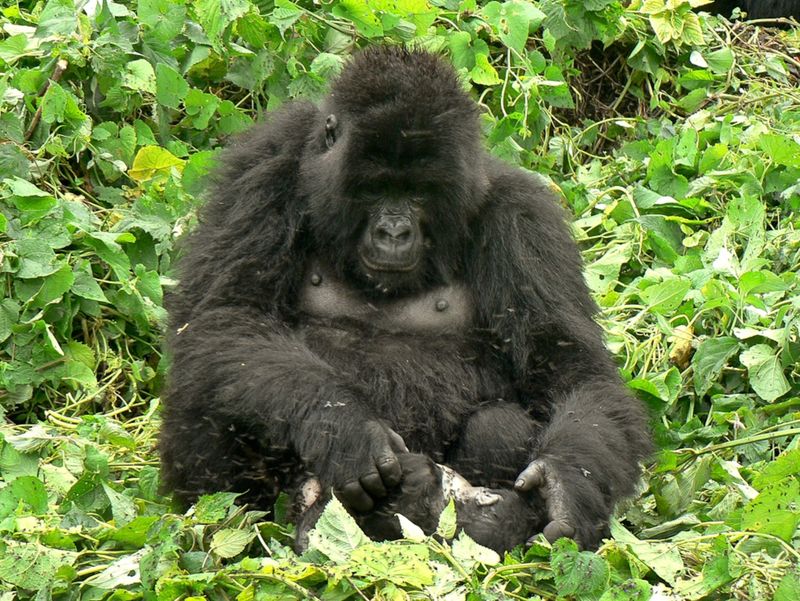
Koko, the famous sign-language gorilla, expressed sadness when told about Robin Williams’ death. This reveals how deeply these primates understand the concept of loss.
Wild gorillas have been observed carrying dead infants for weeks. They groom the bodies and protect them from other animals. Researchers have even witnessed gorilla groups gathering around deceased elders in silent vigil.
9. Swans
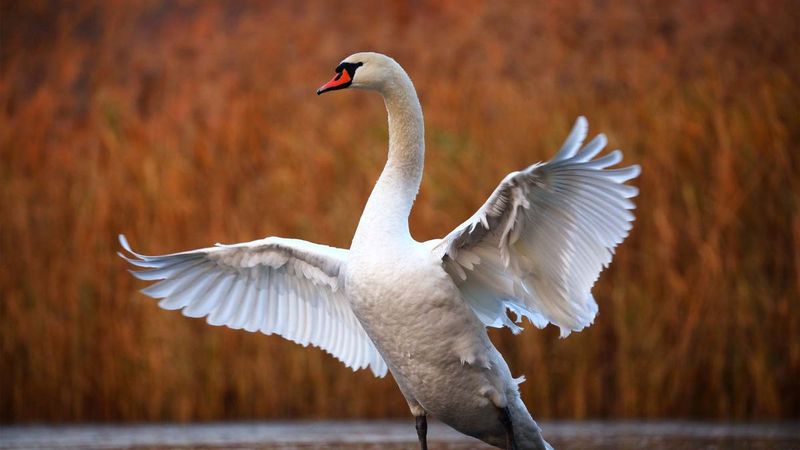
Swans mate for life, creating one of nature’s most romantic partnerships. When a mate dies, the survivor often spends days beside the body, refusing to leave.
The remaining swan may stop eating and become listless. Some bereaved swans have been observed trying to revive their mates by nudging them. Others simply curl up next to the body in apparent mourning.
10. Octopuses
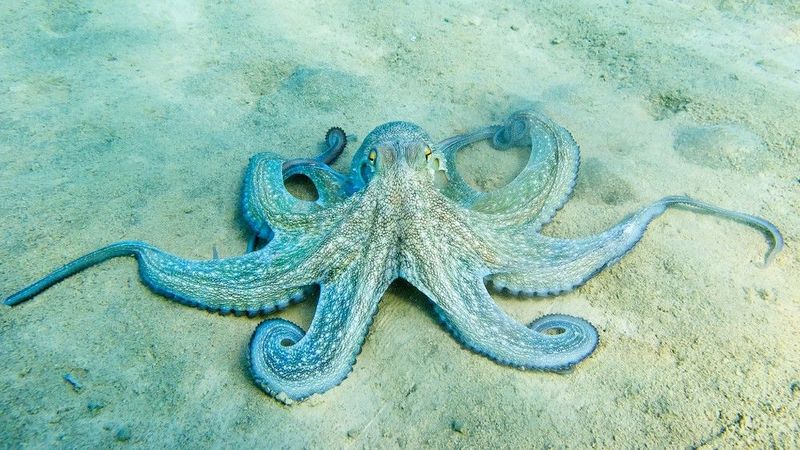
Despite their alien appearance, octopuses display surprising emotional depth. Scientists have observed them changing color to darker shades after losing a mate.
Bereaved octopuses often retreat to their dens, refusing food and becoming less exploratory. Their entire demeanor shifts from curious to withdrawn. Some even engage in self-destructive behaviors that weren’t present before the loss.
11. Macaws
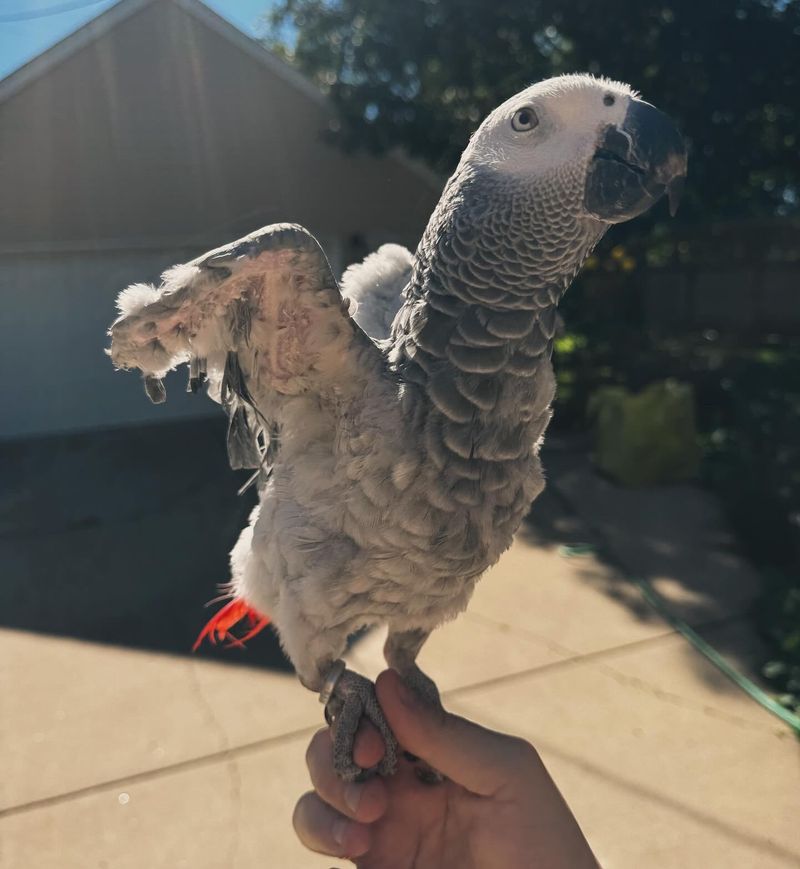
These colorful parrots form lifelong pair bonds. When a mate dies, the surviving macaw often plucks out its own feathers in distress.
Bereaved macaws call out repeatedly for their missing partner. Their vocalizations change to lower, more mournful tones. Some stop eating and become listless, showing classic signs of depression that mirror human grief responses.
12. Ravens
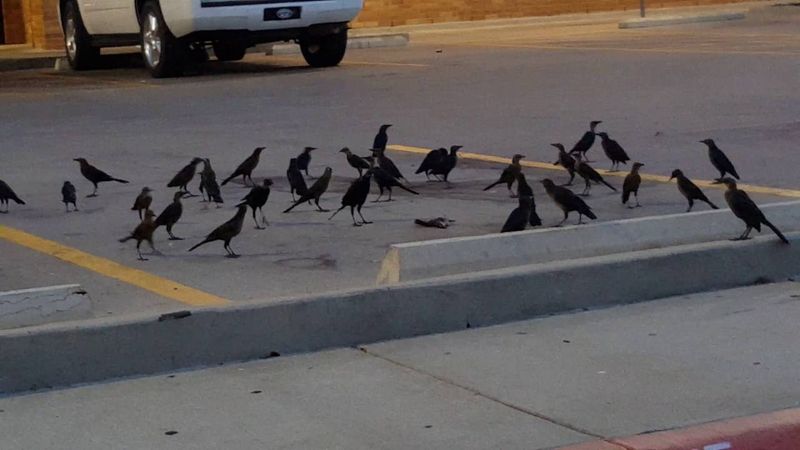
Unlike their crow cousins’ noisy funerals, ravens respond to death with unusual silence. A flock discovering a dead raven will gather quietly, almost reverently.
These intelligent birds appear to understand death’s permanence. They’ve been observed bringing small gifts – bright objects or food – to place near a fallen companion, creating what looks remarkably like memorial offerings.
13. Cats
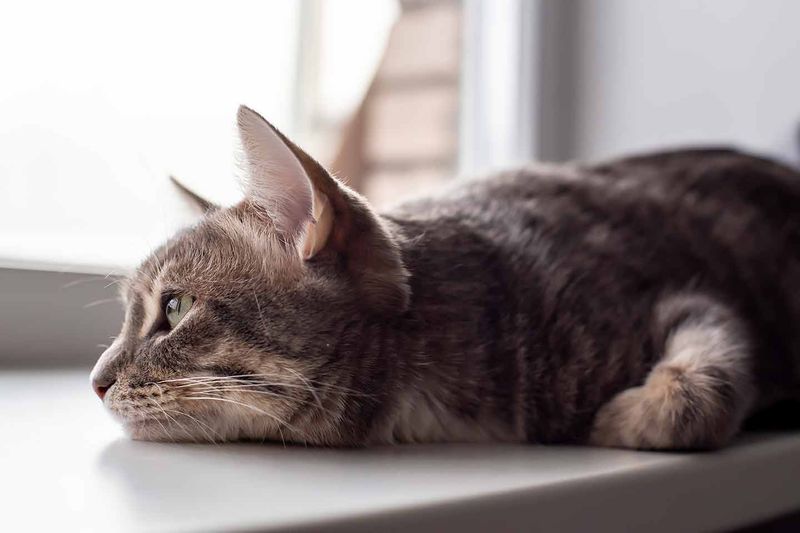
Contrary to their aloof reputation, cats form deep attachments. When a feline housemate dies, surviving cats often search the home, meowing in distinctive, mournful tones.
Some grieving cats sleep in the deceased’s favorite spots. Others become clingy with human family members. Veterinarians report that cats may develop stress-related illnesses following the loss of a companion.
14. Lions
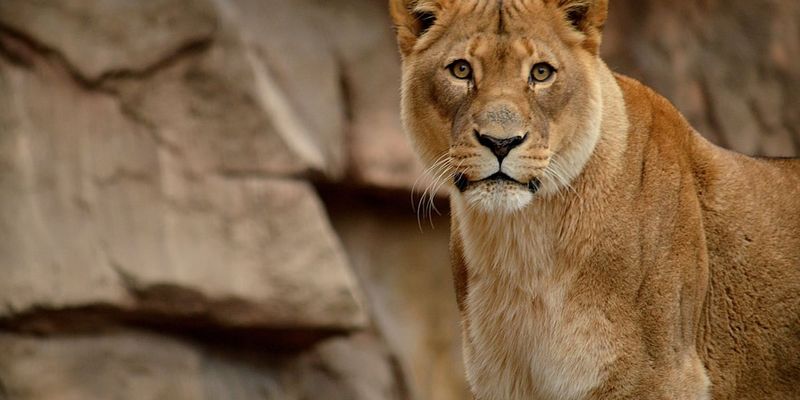
Pride dynamics shift dramatically when a lion dies. The entire group becomes subdued, with decreased hunting and socializing.
Lionesses have been observed guarding dead cubs for days, growling at any animal that approaches. Male lions sometimes remain beside fallen pride members, foregoing hunting. These behaviors suggest that even apex predators experience the pain of loss.

